Description
What are Titanium mesh cages?
Titanium mesh cages are medical devices used in spinal fusion surgery to provide structural support and promote bone growth in the affected area.
They are typically made of titanium, a strong and lightweight metal that is biocompatible with the human body. The mesh design allows for bone to grow through the cage and fuse with the adjacent vertebral bodies, creating a solid fusion mass.
Titanium mesh cages are used in a variety of spinal fusion procedures, including anterior cervical discectomy and fusion (ACDF) and lumbar interbody fusion (LIF).
What is the material of Titanium mesh cages?
Titanium mesh cages are made of pure titanium or titanium alloy, which are biocompatible and corrosion-resistant materials. The titanium mesh used in the cages is typically made from thin, woven wires of titanium that are shaped into a cage-like structure. The mesh allows for bony ingrowth and fusion, providing stability and support to the spinal column.
What are the types of Titanium mesh cages?
Titanium mesh cages come in different shapes and sizes, and can be customized to fit the specific patient anatomy and surgical needs. Some common types of titanium mesh cages include:
- Rectangular or square-shaped cages: These are typically used for interbody fusion procedures in the lumbar spine.
- Cylindrical or bullet-shaped cages: These are used for cervical and thoracic spine procedures, and can be inserted from either the anterior or posterior approach.
- Wedge-shaped cages: These are used for deformity correction and restoration of sagittal balance in the lumbar spine.
- Customized cages: In some cases, titanium mesh cages can be designed and 3D printed to match the patient’s unique anatomy.
Overall, the type of titanium mesh cage used depends on the surgical goals, patient anatomy, and surgeon preference.

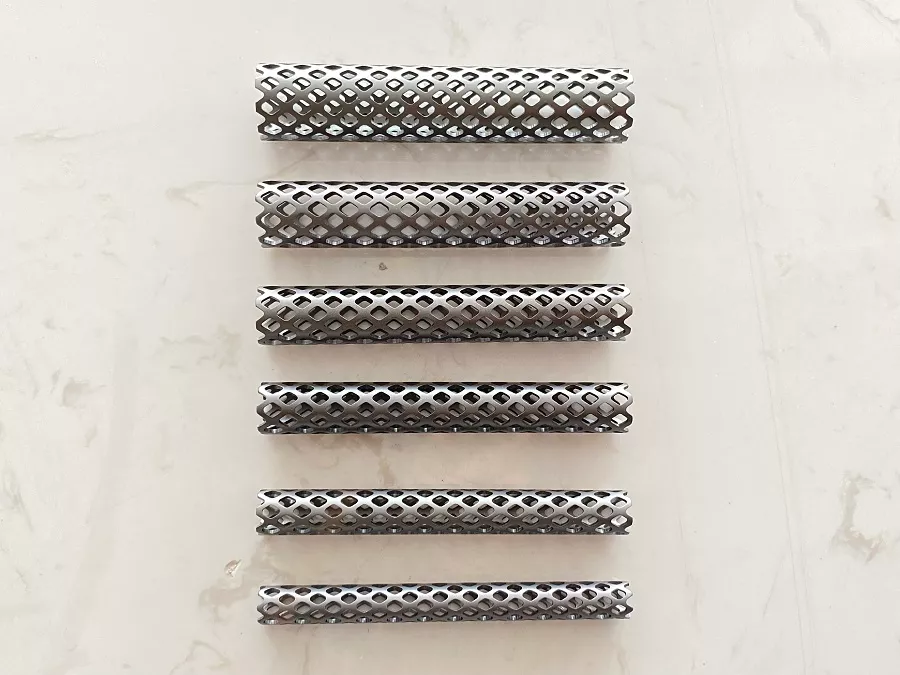
How to use Titanium mesh cages?
Titanium mesh cages are used in spinal surgeries to provide structural support and promote fusion between two vertebral bodies. The following is a general overview of how titanium mesh cages are used:
- Incision: The surgeon will make an incision in the patient’s back to access the affected area of the spine.
- Discectomy: The surgeon will remove the damaged or diseased disc between the affected vertebrae.
- Preparation: The surgeon will prepare the surface of the vertebral bodies to receive the titanium mesh cage. This may involve removing bone tissue or creating a rough surface to promote fusion.
- Insertion: The titanium mesh cage is inserted between the prepared vertebral bodies. The cage may be filled with bone graft material to promote fusion.
- Stabilization: The surgeon may use additional hardware, such as screws or plates, to stabilize the spine and ensure proper alignment of the vertebral bodies.
- Closure: The incision is closed and the patient is monitored during the postoperative period.
It’s important to note that the specific steps and techniques used in the surgery may vary depending on the patient’s condition and the surgeon’s preference. It’s crucial for patients to discuss the procedure with their surgeon and ask any questions they may have before the surgery.
What are Titanium mesh cages used for?
Titanium mesh cages are medical implants used in spinal surgeries to replace damaged or removed vertebral bodies. They are used to provide support and stability to the spine and to maintain the height of the intervertebral space. The mesh structure of the cage allows for bone growth into and around the implant, promoting fusion of the affected vertebrae. Titanium mesh cages are commonly used in spinal fusion surgeries to treat conditions such as degenerative disc disease, spinal fractures, and spinal tumors.
How to Buy High-Quality Titanium mesh cages?
If you are looking to buy high-quality titanium mesh cages, here are some tips to consider:
- Research: Look for reputable medical supply companies that specialize in spinal implants and cages. Check their website, customer reviews, and ratings to ensure they are reliable and trustworthy.
- Quality: Make sure the titanium mesh cages are made from high-quality medical-grade titanium alloy, such as Ti-6Al-4V, which is known for its strength, durability, and biocompatibility.
- Certification: Check if the manufacturer has the necessary certifications and compliance with industry standards, such as ISO 13485, FDA, CE, and other regulatory requirements.
- Consult with experts: Consult with medical professionals, such as spine surgeons or orthopedic surgeons, to understand the specific requirements and the appropriate titanium mesh cage size, shape, and design suitable for the patient’s condition.
- Price: Compare the prices of different suppliers and ensure that you get a reasonable price without compromising the quality and safety of the product.
- Warranty: Look for suppliers that offer a warranty for their products to ensure that you can return or exchange the product if it is faulty or damaged.
- Customer service: Choose a supplier that offers excellent customer service and support, such as technical support, after-sales service, and prompt responses to inquiries.

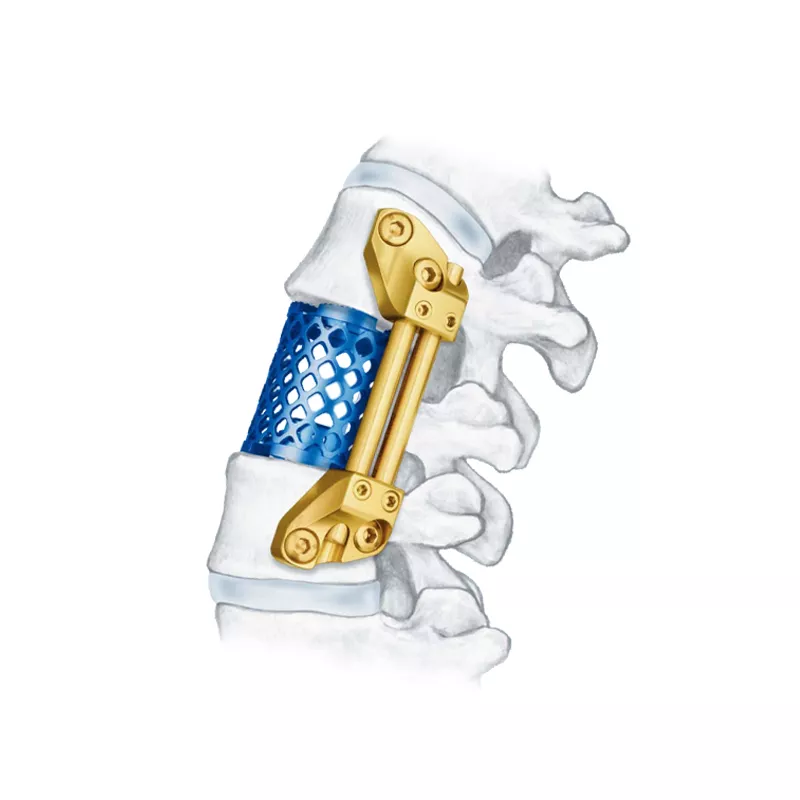

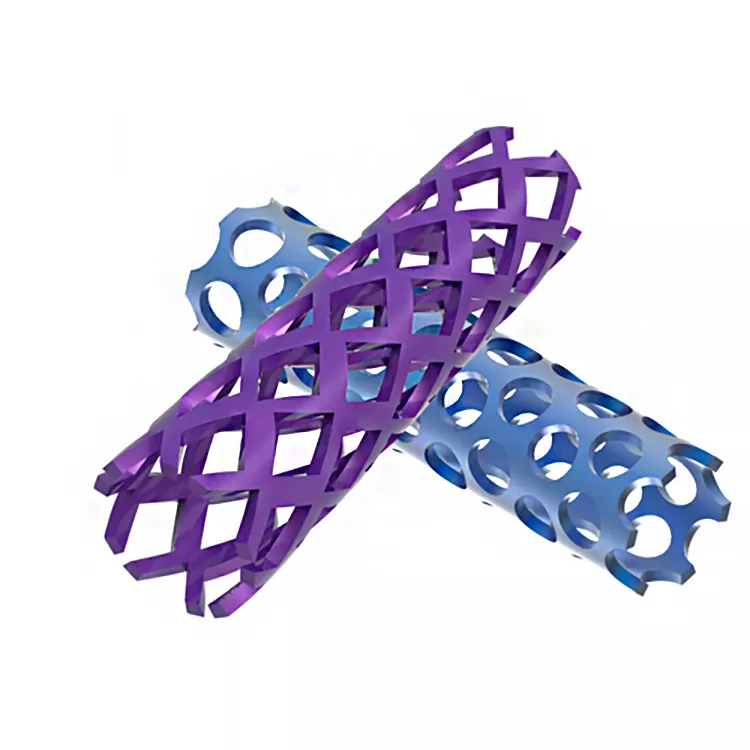
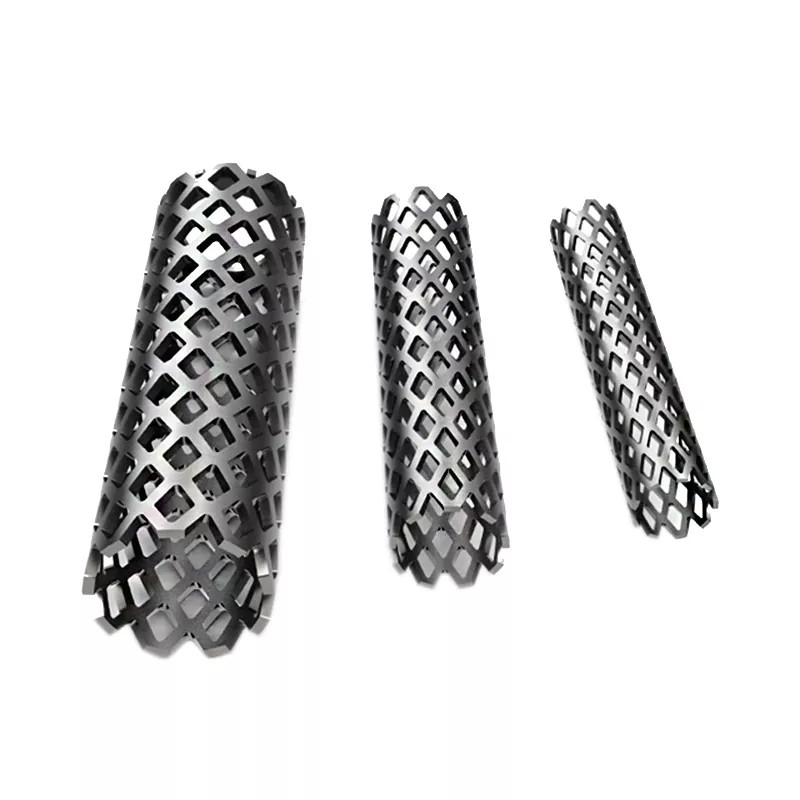
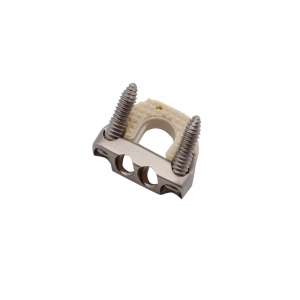
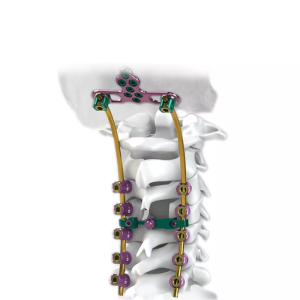
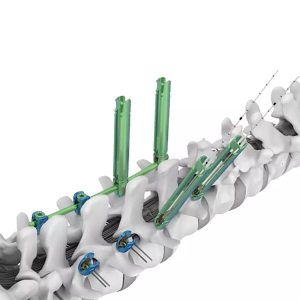
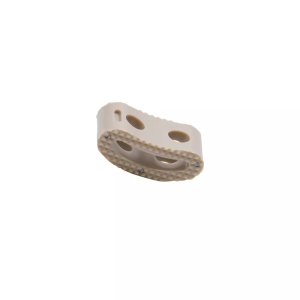
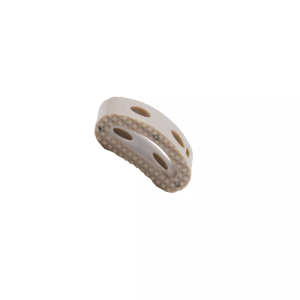
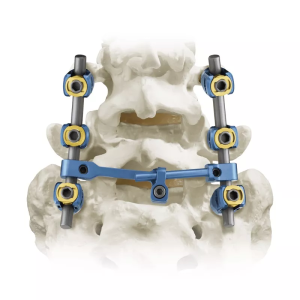
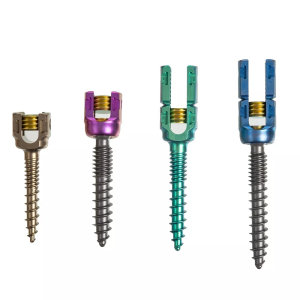
Reviews
There are no reviews yet.